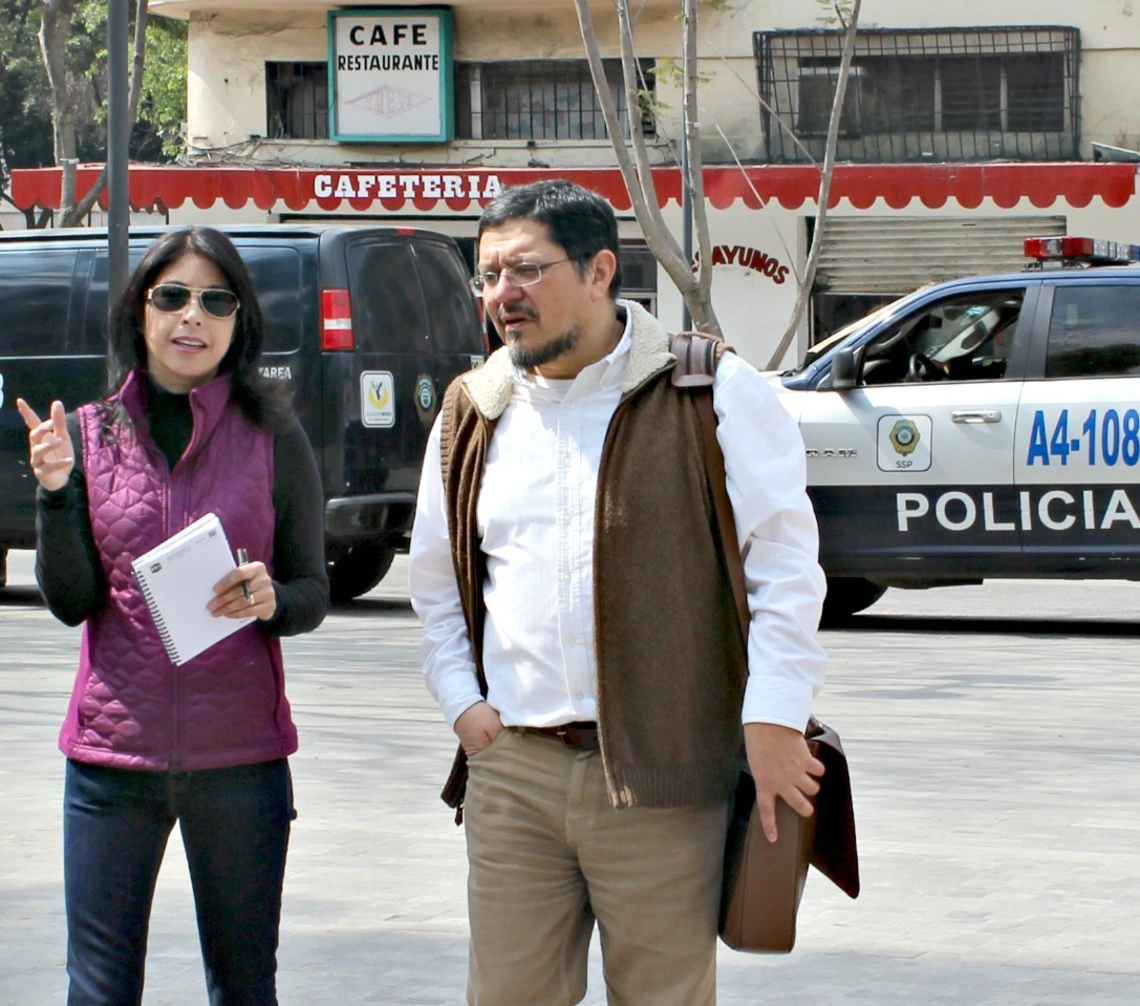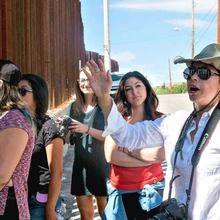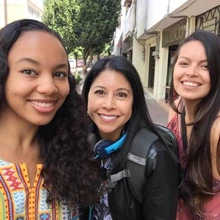González de Bustamante wins CBGJ faculty research grant
The Center for Border & Global Journalism has awarded its 2018 faculty research grant to Dr. Celeste González de Bustamante of the School of Journalism.

Dr. Celeste González de Bustamante
Dr. González's research proposal is to study the role inside Mexico of journalistic "fixers," or the local experts who are often hired by international journalists working on stories about drug and gang violence in the country.
Among other things, Dr. González's project would explore the risks that fixers — many of whom are local reporters themselves — undertake in helping freelancers and other foreign reporters to cover Mexico, one of the world's most dangerous places for journalists.

Dr.González is the second winner of the award, which the Center for Border & Global Journalism offers to faculty researchers on the campus of the University of Arizona seeking to advance academic study involving freedom of the press and freedom of expression.
The inaugural award last year went to Professor Margaret Zanger, who is also on the faculty of the School of Journalism, for research exploring the impact of violence, economic crisis and the expansion of extremist religious ideology on journalists in Iraqi Kurdistan.
William Schmidt, the co-director of the Center and a professor in the School of Journalism, said that Professor González's research will help illuminate the vital — and often perilous role — that fixers play in the journalistic eco-system.
“The Center established this award to illuminate the vital role that all journalists play in preserving freedom of expression,'' said Schmidt. “Journalism is more necessary than ever in helping us make sense of a world that has become increasingly complex – and perilous."

The grant will provide up to $1,500 in funds on behalf of research inside the U.S. or abroad during the balance of 2018.
As part of her proposal, Dr. González includes an anecdote from one fixer who was asked by a visiting reporter to arrange an interview with El Chapo Guzmán, who at the time was one of Mexico's most notorious drug lords. The fixer declined, she wrote, because it would put both the fixer and the foreign reporter in peril.
Dr. González teaches courses on reporting in the U.S.-Mexico borderlands and Latin America, as well as television news writing, reporting and production. She is an affiliated faculty member of the UA Center for Latin American Studies and has conducted research on the history and development of television news and media in Latin America and violence against journalists in Mexico.
As a journalist, she covered the U.S.-Mexico border on commercial and public television for more than 16 years.

